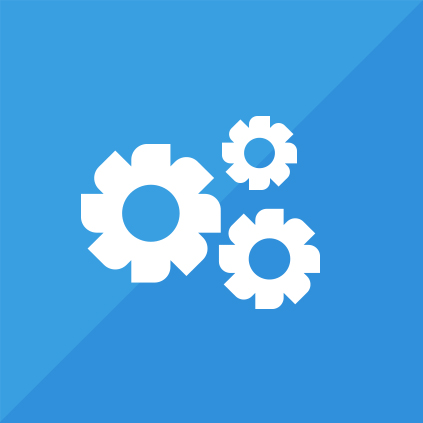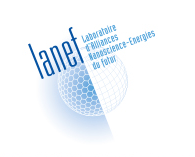This is at the heart of the LANEF project, grouped together in five main challenges: Nanophysics and Quantum Engineering, Quantum Materials, Electrical Energy, Sensors for Life Science and Health, New frontiers in Cryogenics

Within its Chairs of Excellence program, LANEF supports long-term visits of senior researchers to stimulate new synergies or to strengthen existing collaborations between partner laboratories. In the past, 8 Chairs of Excellence have been funded, together with PhD students or postdoctoral fellows supervised by the chairholder and the local scientific partners.

LANEF’s successful PhD program has already financed over 50 PhD grants covering a wide range of topics such as many-body quantum optics with superconducting circuits, quantum dot junctions, Majorana modes, nano-optomechanical force field sensor, nonlinear plasmonic structures, spin-orbit materials, 3D spintronics, frustrated magnets, superconducting graphene, production of pellets of solid hydrogen, miniaturisation of space cryocoolers, graphene bioelectronics, diamond transistors, innovative solar cells and hard magnetic materials. Experimental investigations as well as theoretical modeling and computational physics are covered.

LANEF helps to identify and prepare proposals suitable for calls for scientific projects. Hence, the labex has been strongly involved in the successful funding of several projects on:
In parallel and interwoven with GreQue, the LANEF has contributed to the creation of the QuEnG cross-disciplinary programme, funded by the Idex-UGA that aims to foster a pluridisciplinary ecosystem for quantum technologies.
At last, the LANEF actions contributes to ambitious proposals for national calls (ANR, Région Auvergne Rhône Alpes) such as 2D transformers.

The network built around LANEF brings together an extremely wide range of equipment offering unique opportunities to work on cutting-edge subjects in a multitude of environments: at the nanometric scale, down to cryogenic temperatures (~mK), up to strong magnetic fields (~20 T), and up to ultra-high frequencies (~600 GHz). It also benefits from privileged access to an exceptional park of research platforms and infrastructures such as PFNC (Nanocharacterization platform), PTA and Nanofab (Upstream clean-room platforms), and collaborative research group facilities at the ESRF (Synchrotron) and ILL (Neutron).
Beyond its existing facilities, driven by its strategy of promoting research at the interface between scientific disciplines, LANEF regularly identifies and finances the needs of its ecosystem for new, innovative and shared equipment, deemed most relevant.

Regular seminars are efficient actions promoted by LANEF to gather the community and to facilitate interactions with visitors. Such gatherings offer a good opportunity for discussions and serve to initiate collaborations and projects. Two series (>30 a year each), one on quantum nanoelectronics each Tuesday, and one on condensed matter theory each Friday, are funded by LANEF, together with the Nanoscience Foundation and the Centre for Theoretical Physics in Grenoble-Alpes.
Beyond seminars, thematic days are another action promoted by LANEF to enhance synergy. These are organized on a regular basis, ~ once a year, within each challenge, at the initiative of the steering committee of LANEF.

Scientific workshops, half a day to 2 days, are a well appreciated opportunity to deepen interactions within LANEF, and with other scientific communities. LANEF took the initiative in many of these events and participates financially in many others. While all will not be detailed, here are some examples:
Quantum engineering actions were particularly successful, with several one-day workshops, brainstorming meetings on the future European flagship, and the creation of a dedicated community in Grenoble gathering experts in physics, technology, mathematics and computer science and the humanities. We obtained funding for an IDEX Cross Disciplinary Project and a European MSCA Cofund project. As another example, LANEF’s workshop stimulated several joint international partnerships leading to cutting-edge education and research actions (lien vers 3.4).
